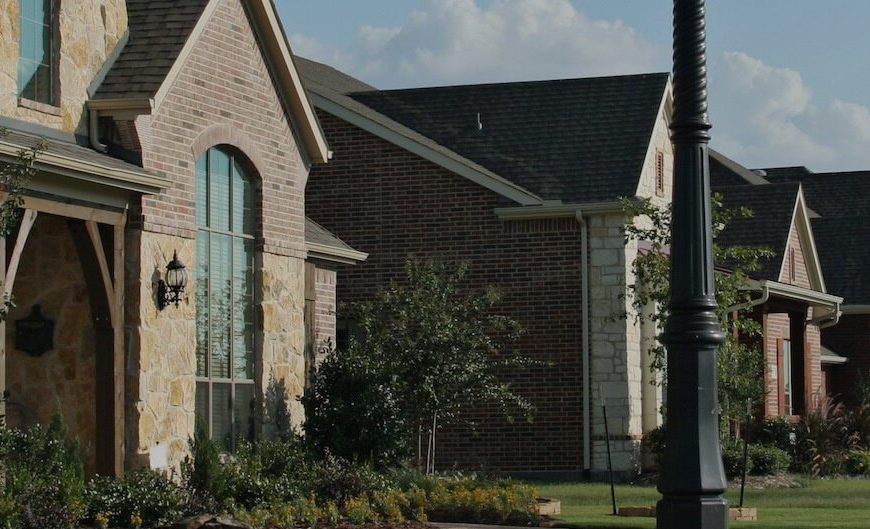Fill out the form below and a Cypress Creek representative will be in touch with you about your pest control needs.
BLOG

Where Are Termites From?
If you know where termites come from, you know how you can keep them out. A common misconception is that termites come from rotting wood. However, this is not true. That is simply what they mostly eat. The termite species that is most commonly found in home infestations comes from the ground, where these termites build giant colonies and serve their queen.
The different termite groups
There are three main groups of termite species in the US: the subterranean, dampwood and drywood termites. Subterranean termites are the species that we’ve mentioned previously. These termites cannot survive without adequate levels of moisture, to the point where if soldiers or workers leave the ground or the infested wood, they will die of dehydration. This is a very big drawback for a species that needs to eat rotting wood that is above the ground. However, they circumvent this weakness by building mud tunnels, which help them keep their moisture while reaching areas that are above ground. Seeing these mud tunnels in or on your home is a sign of an infestation.
Dampwood termites are also attracted to moisture-rich environments, and they will show up in your home if you have high humidity or any leaks near wood. Drywood termites on the other hand will prefer dry wood habitats. They hail from forests and will target suburban developments, woodshops and any home that has wood that is dry enough. This species is also known to infest firewood and furniture, and they will build their colonies inside the wood itself.
What are termites attracted to?
Termites will infest a home mainly to have access to their food source, which is cellulose. There are several factors that will come into play in order to determine whether your home will be infested or not, with ease of access and the presence of moisture being the two most important. Termites however are very persistent insects, so they do not need many opportunities to reach the wood of the home. This is why a chemical barrier is the best and most cost-effective defense against an infestation.
If you would like to know more about how you can prevent or treat an infestation once it has occurred, we can help you out with any questions you have. Contact us today for more information, or to set up a termite inspection/control appointment. We will happily assist you .

